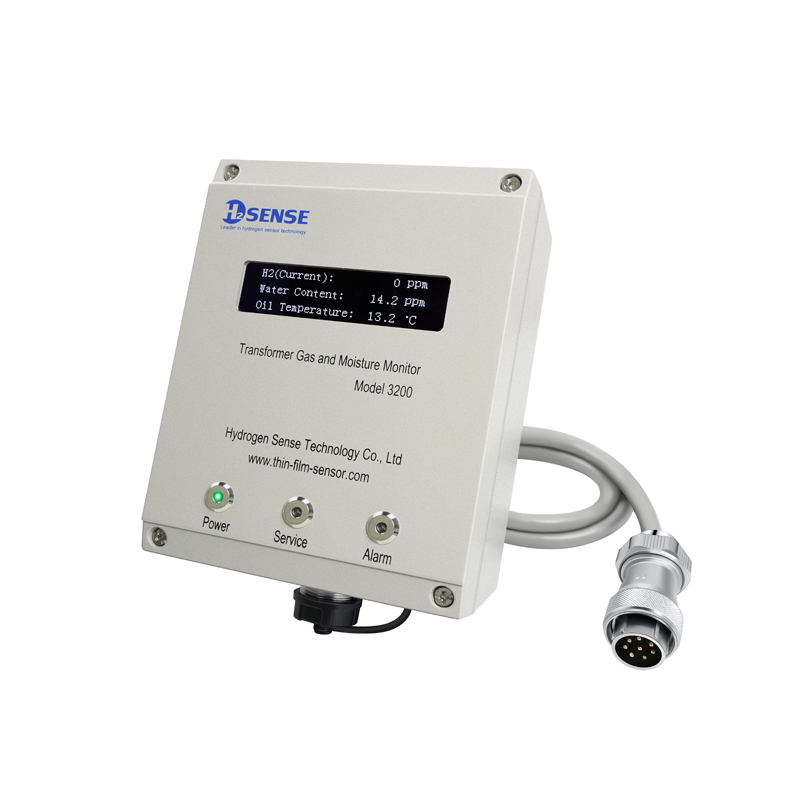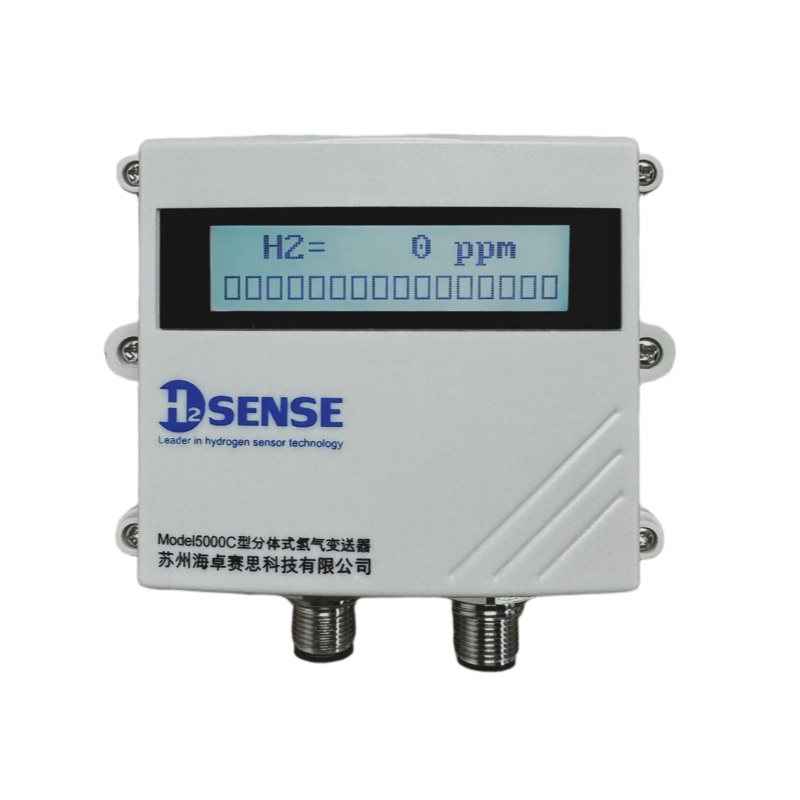Summarize
This blog provides a technical overview of hydrogen gas detection, offering insights into sensor types, pricing considerations (including understanding the hydrogen gas detector price), and the benefits of sourcing directly from a hydrogen gas detector factory. It aims to help you choose the optimal detector solution for your specific application.

The Science of Hydrogen Detection
Detecting hydrogen requires specialized technology due to its unique properties. Key sensor types include:
Electrochemical: Reacts with hydrogen, generating an electrical signal. Compact and cost-effective.
Metal Oxide Semiconductor (MOS): Conductivity changes upon hydrogen exposure. Durable and long-lasting.
Catalytic Bead (Pellistor): Hydrogen oxidation on a heated bead alters its resistance. Wide detection range.
Thermal Conductivity: Measures changes in gas mixture’s thermal conductivity due to hydrogen. Robust for harsh conditions.
Each type has its own advantages and is chosen based on the specific application and environment.
Factors Influencing Hydrogen Gas Detector Price
The hydrogen gas detector price is influenced by several factors:
Sensor Technology: Different sensors have varying manufacturing costs.
Detection Range & Accuracy: Higher precision increases cost.
Features (Alarms, Data Logging): Advanced features add to the price.
Certifications: Compliance with safety standards impacts the cost.
Manufacturer Reputation: Established brands may command a premium.
Benefits of Sourcing from a Hydrogen Gas Detector Factory
Working directly with a hydrogen gas detector factory can offer:

Accuracy Through Calibration
Regular calibration is essential for accurate hydrogen gas detector readings. This process involves exposing the detector to a known hydrogen concentration and adjusting its response accordingly. Calibrated detectors provide reliable data, ensuring prompt detection of leaks and preventing hazardous situations.
Application-Specific Selection
Selecting the right hydrogen gas detector demands careful consideration of the application:
Concentration Range: Match the detector's range to expected hydrogen levels.
Environment: Consider temperature, humidity, and potential interferents.
Response Time: Fast response is crucial for leak detection.
Portability: Choose portable or fixed units based on needs.
Budget: Balance performance requirements with budget limitations.
Wireless Connectivity and Remote Monitoring
Modern hydrogen gas detectors often feature wireless connectivity for remote monitoring. These systems provide real-time data, enabling proactive leak detection and preventative maintenance.
Durability and Longevity
When considering the hydrogen gas detector price, also consider the durability and longevity of the device. A more expensive detector built with high-quality components and robust design can often provide a lower total cost of ownership over its lifespan.
Conclusion
Selecting the right hydrogen gas detector depends on understanding the science behind detection, factors influencing the hydrogen gas detector price, and the benefits of sourcing from a reliable supplier, like a hydrogen gas detector factory. Make informed choices for safety and efficiency.
FAQ
Q: How often should I calibrate my hydrogen gas detector?
A: Calibration frequency depends on the sensor type and environment, but generally, every 3-6 months is recommended. Consult the manufacturer's guidelines.
Q: What gases can interfere with hydrogen detection?
A: Some sensors are susceptible to interference from gases like carbon monoxide or hydrocarbons. Check the sensor's specifications for cross-sensitivity information.
Q: Can hydrogen gas detectors be used outdoors?
A: Yes, but ensure the detector is rated for outdoor use and protected from weather elements.












